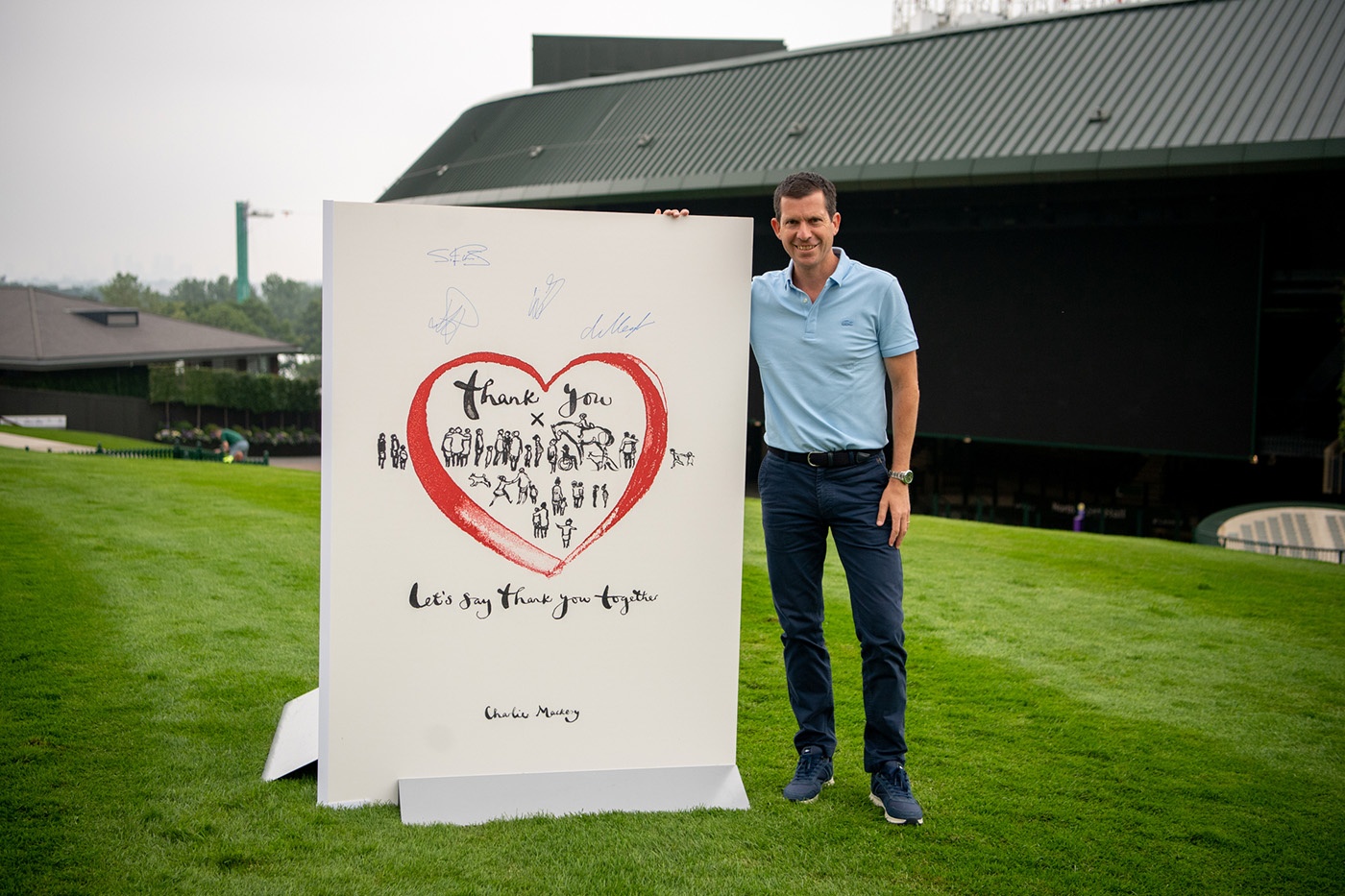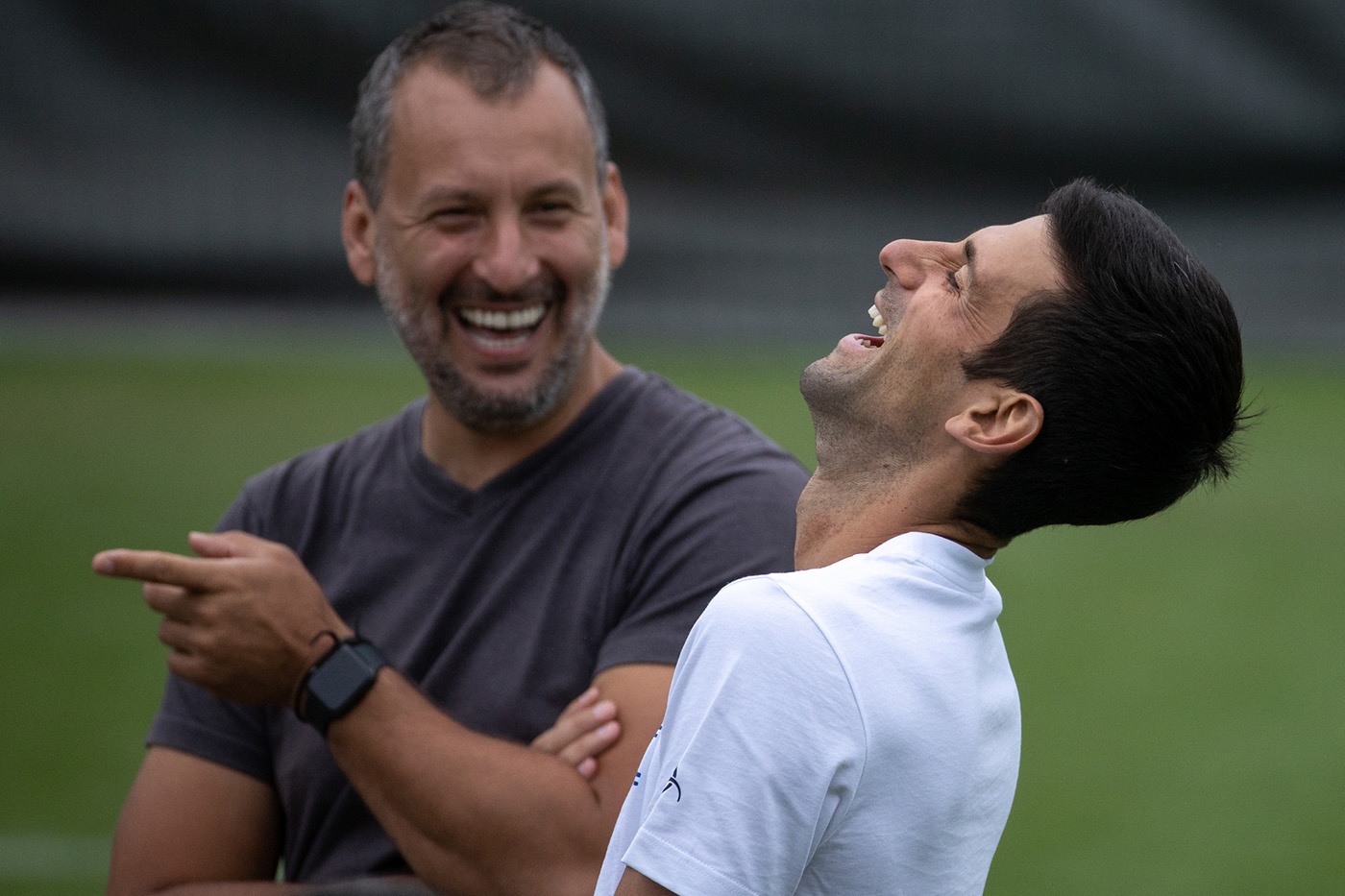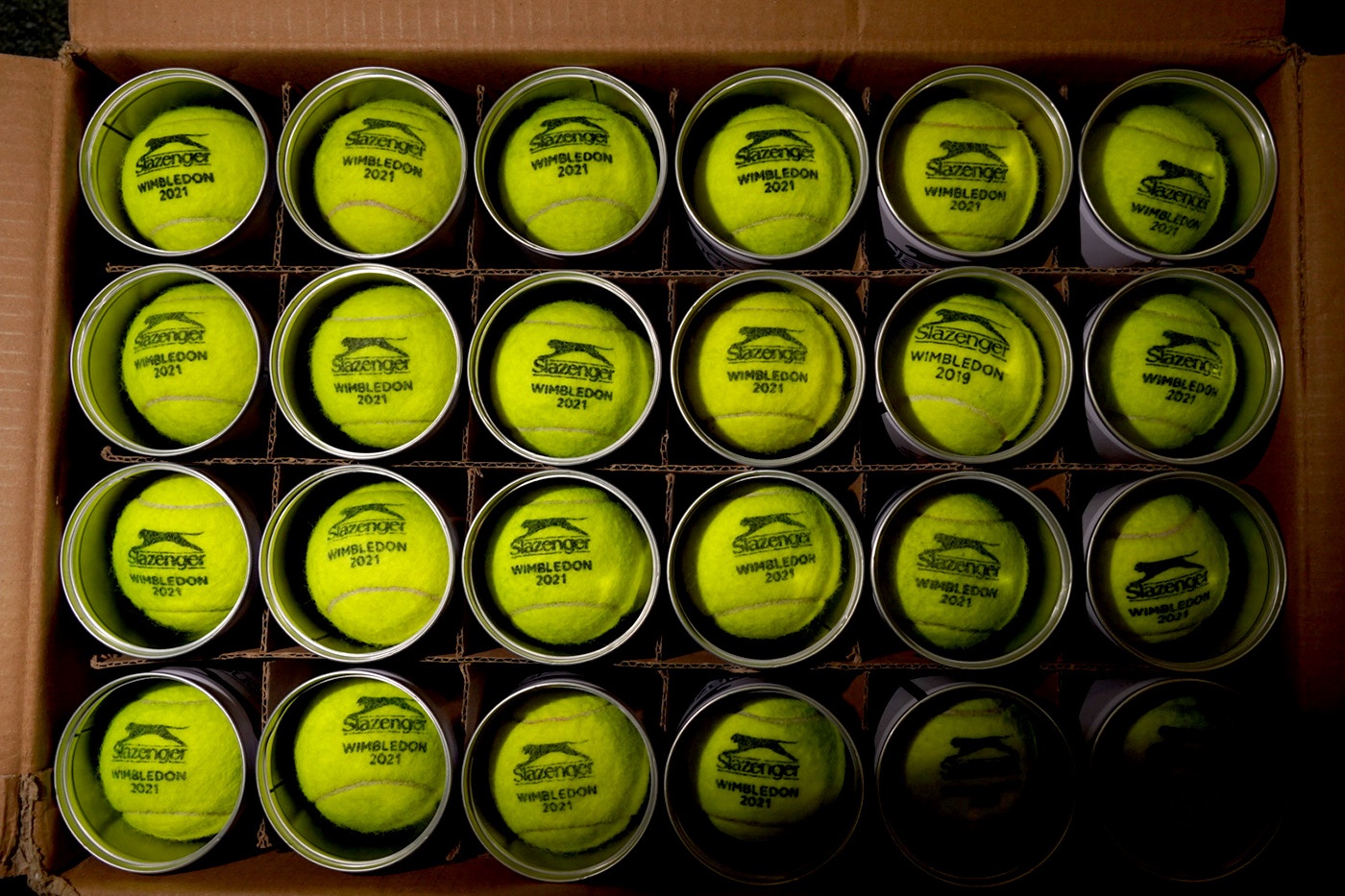For a long time, the name Kiki Bertens was almost exclusively linked to clay.
Entering Wimbledon in 2018, the then 26-year-old Dutchwoman had won five career titles – all on clay – and had her best showing at a Grand Slam at Roland-Garros, where she reached the semi-finals in 2016.
But then something changed at The Championships three years ago. Bertens came through a gruelling three-set match against five-time champion Venus Williams, overcoming the American 8-6 in the decider of their third round clash.
She then took out another top-10 player, this time Karolina Pliskova, to punch her ticket into the quarter-finals, where she fell in three sets to her good friend Julia Goerges.
That run on the grass courts of the All England Club allowed Bertens to believe she could cause some real damage on a surface that was not clay, and her career took a major upturn from that moment onwards.
She would go on to clinch titles on hard courts in Cincinnati, Seoul, and St. Petersburg. She would reach the final on grass in s-Hertogenbosch. She would become the highest-ranked Dutchwoman in history, rising to No.4 in the world in 2019.
“I have decided this year will be the last season of my tennis career,” she announced on Instagram two weeks ago.
“I have always demanded the maximum of myself, but the tank is quite empty. The balance of the hard work I put in day in and day out and the satisfaction I get out of it at the end of the day is no longer there. Also, I am more than ready for the chapter that comes next after this.”
Bertens, who had Achilles’ surgery at the end of last year, will begin her farewell to Wimbledon as the No.17 seed against Ukrainian teenager Marta Kostyuk on Tuesday.
She reflects fondly on her improbable run to the quarter-finals at SW19 three years ago, and sees it as a major stepping stone in her journey.
“It meant a lot to be honest in my career because before, I think everyone, but also me included, didn’t really have the confidence that I could do well on the hard courts, and especially then on grass,” Bertens told reporters in Eastbourne last week.
“Because I loved the clay always so much and the difference is huge so I always kind of told myself also, ‘Oh you cannot do this, this is not your surface’.
"But once you have the results and you start believing in yourself, the confidence is growing, and you win match after match, then of course it helps a lot, and then also for afterwards.
“So I think it was a huge boost for my confidence. I think it would have been the last Slam that I picked to reach the last eight, but it was only the second Slam quarter-final I made, so that’s good.”
Bertens’ story is about much more than results or trophies. As a player who never craved the spotlight and would rather compete on a remote outside court instead of a packed Centre Court stadium, her path towards overcoming her fears was incredibly inspiring.
“Everything with her was combined with her learning how to deal with the pressure. She was just able with the help of [her former coach] Raemon Sluiter in that period to conquer all her fears, as someone who was afraid her entire life to play in front of crowds,” says David Avakian, a commentator for Eurosport Holland and a writer for Dutch Tennis Magazine.
“The fact that she was able to master that, to get rid of her insecurities for a longer time span, and maybe even – maybe not entirely, but somewhat embrace the situation of playing on big courts again against big opponents… I think that was the key to everything.
“Even if you’d ask her, what is the thing that stands out to you in your career, she will not mention the winning of titles, she will not mention her ranking, she will mention her personal growth, as a player, as a person, to be able to conquer that fear that she had early on, to perform at the highest level with all these eyeballs on her.”
Indeed, Bertens acknowledges how crucial it was for her to banish her insecurities, and she views her past performances at Wimbledon as a great example summarising her entire career.
“It ranges from the first moments I set foot at Wimbledon, like an early match I played against [Lucie] Safarova [in 2012]. That was a tough draw beforehand, but against expectations that went very well,” she recalls.
“I remember bad moments, like my first experience on Centre Court. That was not enjoyable against [Petra] Kvitova [in 2015]. I remember a third round loss against [Simona] Halep [in 2016] and my quarter-final and my great win over Venus.
“So yeah, I remember both my highlights and bad moments. That’s how my entire career has gone really. From being fearful of it all and being unprepared to making the last eight at Wimbledon. It all comes back to me and I hope I can do some more.”
Bertens had the privilege of sharing the court with her closest friend on tour, Goerges, in the Wimbledon quarter-finals. Despite losing in the decider, Bertens walked away happy for the German and feeling their friendship only got stronger.
“If you can just have a hug in the end and leave the court as friends again, I think that’s one of the best moments during your career where you can look back to,” said the Dutchwoman.
With her retirement news now public knowledge, Bertens is feeling pressure-free entering her final Championships. Her legacy back home is already cemented and she plans on enjoying her last hurrah.
“I know this will be my last Wimbledon so we just make the best out of it and approach it maybe a little bit more relaxed but once I step on the court, it’s the same as always,” she concludes.






